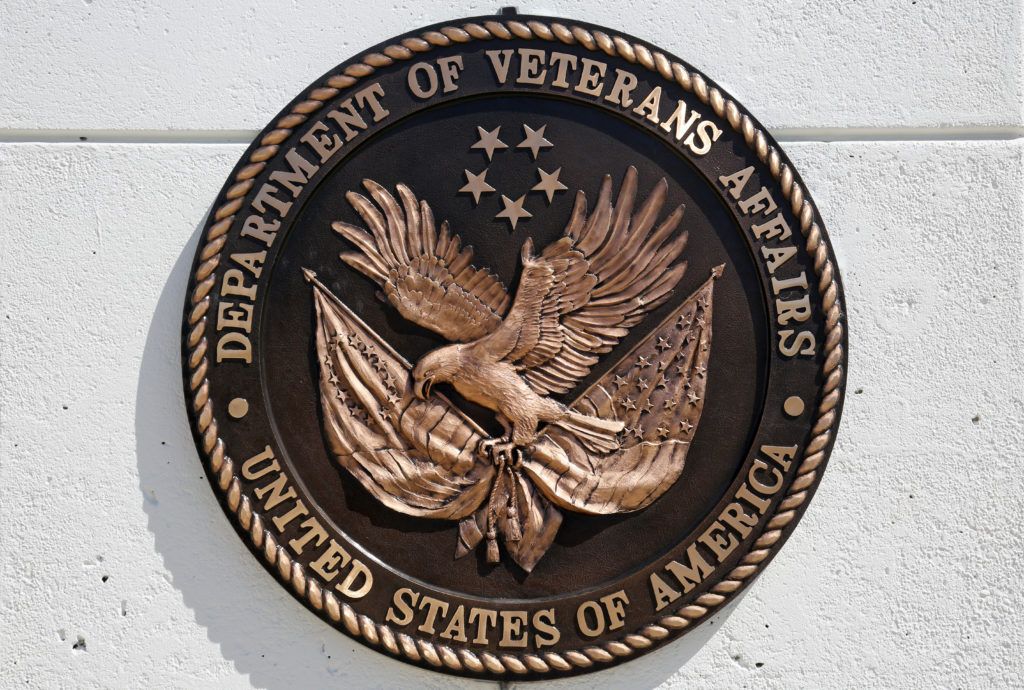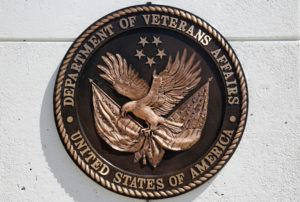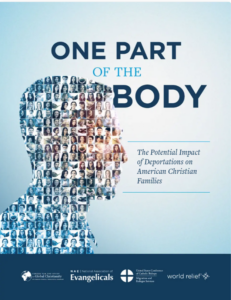
WASHINGTON (BP)—The Biden administration should rescind its new rule that provides abortions in certain cases for military veterans and family members even in states with prohibitions on such procedures, the Southern Baptist Ethics & Religious Liberty Commission said in public comments filed Tuesday (Oct. 11).
The ERLC expressed its opposition to a new interim final rule (IFR) issued by the Department of Veterans Affairs that explicitly lifts a 30-year-old restriction on abortions. The Southern Baptist entity told VA Secretary Denis McDonough the interim rule forces taxpayers to fund the taking of preborn human lives, disregards a congressional ban on abortions by the department and violates the religious freedom of healthcare workers.
The VA interim rule – which went into effect Sept. 9 when it was published in the Federal Register – is another in a series of actions by President Biden and his administration in an effort to offset the Supreme Court’s June overturning of the 1973 Roe v. Wade decision, which legalized abortion throughout the country.
The high court’s reversal of the Roe opinion returned abortion policy to the states. About half of the 50 states already have laws or are expected to enact laws that prohibit abortion either throughout pregnancy or at a stage of pregnancy, although courts have blocked the enforcement of some.
“It is the role of our government to protect the lives of its citizens – not fund or perpetrate the taking of innocent life,” ERLC Policy Manager Hannah Daniel told Baptist Press in calling for the rule to be withdrawn. “Yet that is what the VA proposes to do here.”
ERLC President Brent Leatherwood told McDonough in the public comments, “Abortion is not health care. Health care preserves human life while abortion ends it.
“The fact that the IFR does not even attempt to address the fundamental First Amendment rights of medical providers or taxpayers is further evidence that it is unlawful,” Leatherwood wrote at the close of a 30-day period provided for comments. “Forcing pro-life Americans to fund the practice of taking innocent lives and forcing VA employees to perform abortions or counsel a patient about abortions is not only antithetical to our nation’s principles – it is unconstitutional.”
The IFR permits the VA to provide abortions in its medical benefits package under specific conditions as well as abortion counseling for pregnant veterans and VA beneficiaries. Under the rule, the VA will perform abortions when the life or health of the mother is threatened and when the pregnancy is the result of rape or incest.
Decisions regarding what constitutes endangerment of life and health will be made case by case through consultation between a VA medical professional and a woman, according to the rule. The VA will accept a report by a veteran or beneficiary as satisfactory proof of rape or incest, the department said.
The language regarding the “health” of the mother is open to potentially expansive interpretation. In the past, “health” has been interpreted to include not only physical well-being but such factors as the emotional and psychological condition of the mother.
Southern Baptists, who have adopted a series of pro-life resolutions at annual meetings since 1980, “affirm that every human life is worthy of protection, beginning with the preborn,” Leatherwood told McDonough.
He cited a 1992 law – the Veterans Health Care Act – that specifically barred the performance of abortions by the VA. He also referred to regulations that took effect in 1999 that say abortion and abortion counseling are not contained in the VA medical benefits package.
While the VA contends in the IFR a 1996 law and the 1999 rules “overtook” its need to rely on the 1992 measure, “there is no mention of abortion in the 1996 act and no evidence that Congress intended to override” the earlier ban on abortions by the VA, Leatherwood wrote. “By a standard reading of the statutes, the 1992 abortion prohibition still stands.”
The IFR, he wrote, includes “no exceptions for medical professionals who cannot perform abortions or counsel women to have abortions due to their deeply held religious beliefs. There is no explanation as to how the VA will adequately protect these conscientious objections to abortions.”
In announcing the IFR, McDonough called the rule “a patient safety decision.” He said in a written release, “Pregnant Veterans and VA beneficiaries deserve to have access to world-class reproductive care when they need it most.”
Biden announced the day the Supreme Court overruled Roe that his administration would protect interstate travel for abortions and access to drugs that end the lives of preborn children. Since then, various federal departments have taken steps to promote access to abortion.























